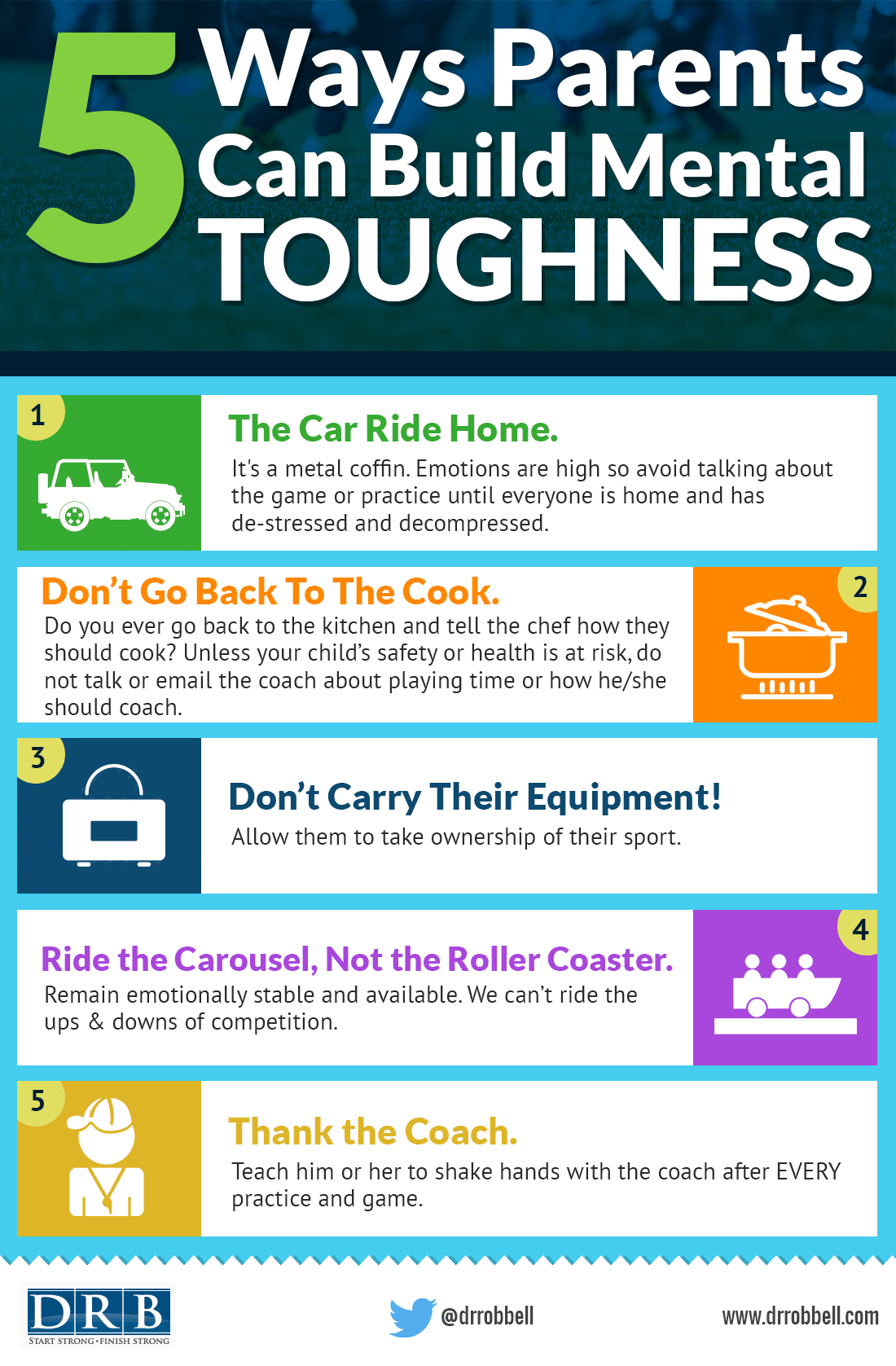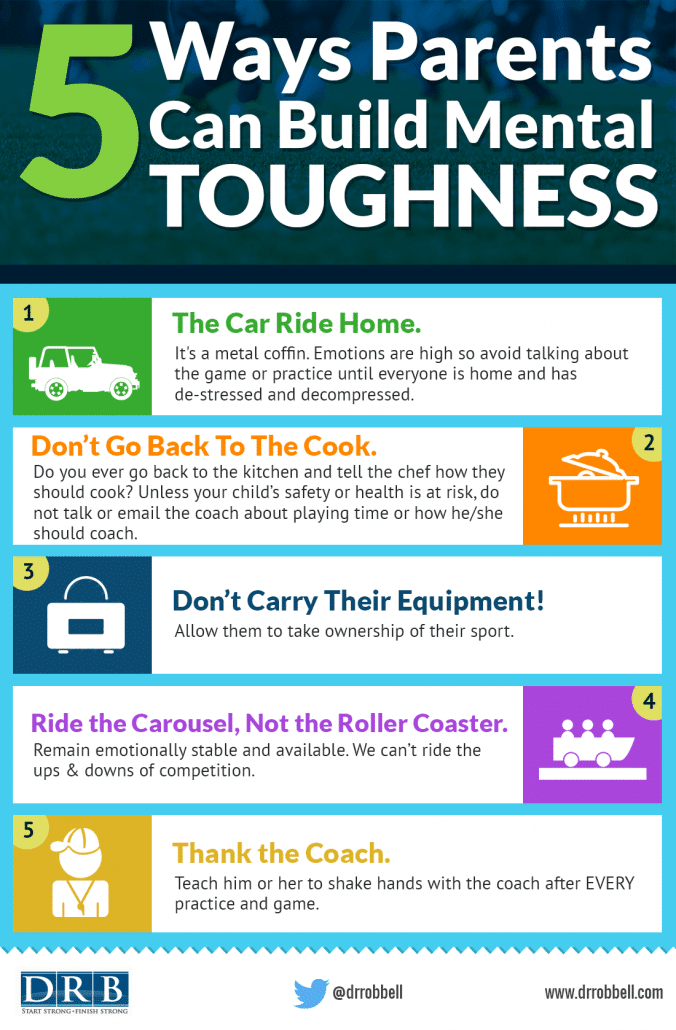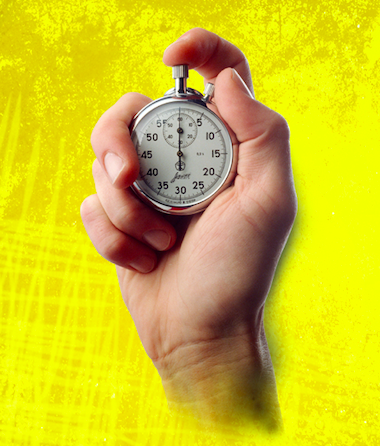5 Ways to Help Your Kid With Mental Toughness
“Perfect little Rachel ” That’s how her parents described and introduced their child, a high-school, 2nd baseman. That’s pretty high expectations, and I was curious how long they had been calling her that. She was not mentally tough and it had little to do with her.
1. Call them a competitor:
How do you introduce and describe your kids? “There goes our little winner” or “Here comes Johnny, our star goalie.” Be careful about using descriptors that emphasize only part of our identity. We are not always winners, and we certainly don’t always lose.
BUT, we can compete in everything we do.
We can compete in grades, paying attention, and playing sports. Emphasize that competing means against yourself, not anyone else.
2. Love your partner:
It’s easier for me to be a good father than a good husband. I don’t like that part of me, but I can just love on my kids as much as I want.
With my wife, I have listen, reflect, emphasize, budget, discipline, strategize, and co-parent. It’s part of being in a relationship, it takes more work. I can’t wait to be patient…
However, the most important relationships take place within the four walls of our home. If we want to help our kid with mental toughness, then we have to work on ourselves as well.
How we interact, show affection, and disagree with our partner, models how our kids will see the outside world. Remember, whatever they see as a child is “normal,” you get to define it.
3. Allow them to take ownership:
There is a big difference between ownership and buy-in.
Buy-in means its someone else’s idea. Ownership is more powerful. If competitors take ownership of their game, they will then assume ownership within the team.
Before each season, define your role and ask them what feedback they want from you…Allow them to pack their own bags, schedule their additional practice and free-time. Basically after the initial conversation, don’t intervene unless their safety or health is concerned.
4. Don’t call, email, or text:
I had an awful bachelor party. I even told my wife how disappointing it was, (it was even in Vegas). She actually emailed the guys in my party after the fact. Ouch, I was embarrassed. The fact was I didn’t communicate well enough before the party…
She fought my own battle…That’s not how we help ourselves or help your kid with mental toughness.
Kids develop strength by overcoming the adversity they face. They need to be able to communicate with coach and other players, but if we don’t allow them to use their own voice, then they won’t face their fear and fear wins.
Most coach-athlete problems are a result of a lack of communication anyway.
5. Don’t talk about other players, coach, or refs:
Sports is about winning, but it is also about losing and getting better.
We help build mental toughness and resilience by allowing them to experience the setbacks and the adversity. If we try to remove their ownership by blaming anything else other than their play, then we have actually given them an out, an excuse.
If there’s an out, they will use it and learn to use it. Bad calls, bad plays, and poor execution happen, but what’s the lesson when we blame, it wasn’t you, it was something else? Well, when they win, it has to be something else as well, can’t have it both ways.
My great uncle plays cards all the time, he says it in jest, “when I win, it’s a game of skill, if I lose, it’s a game of luck.”
[sc name=”signature” ][/sc]




